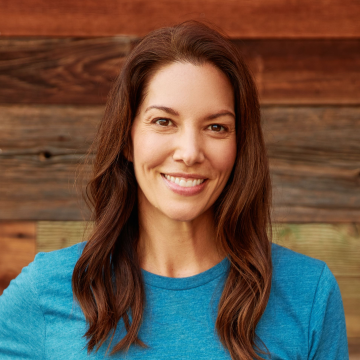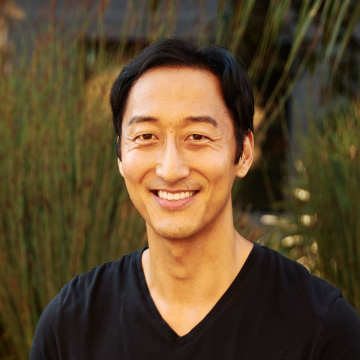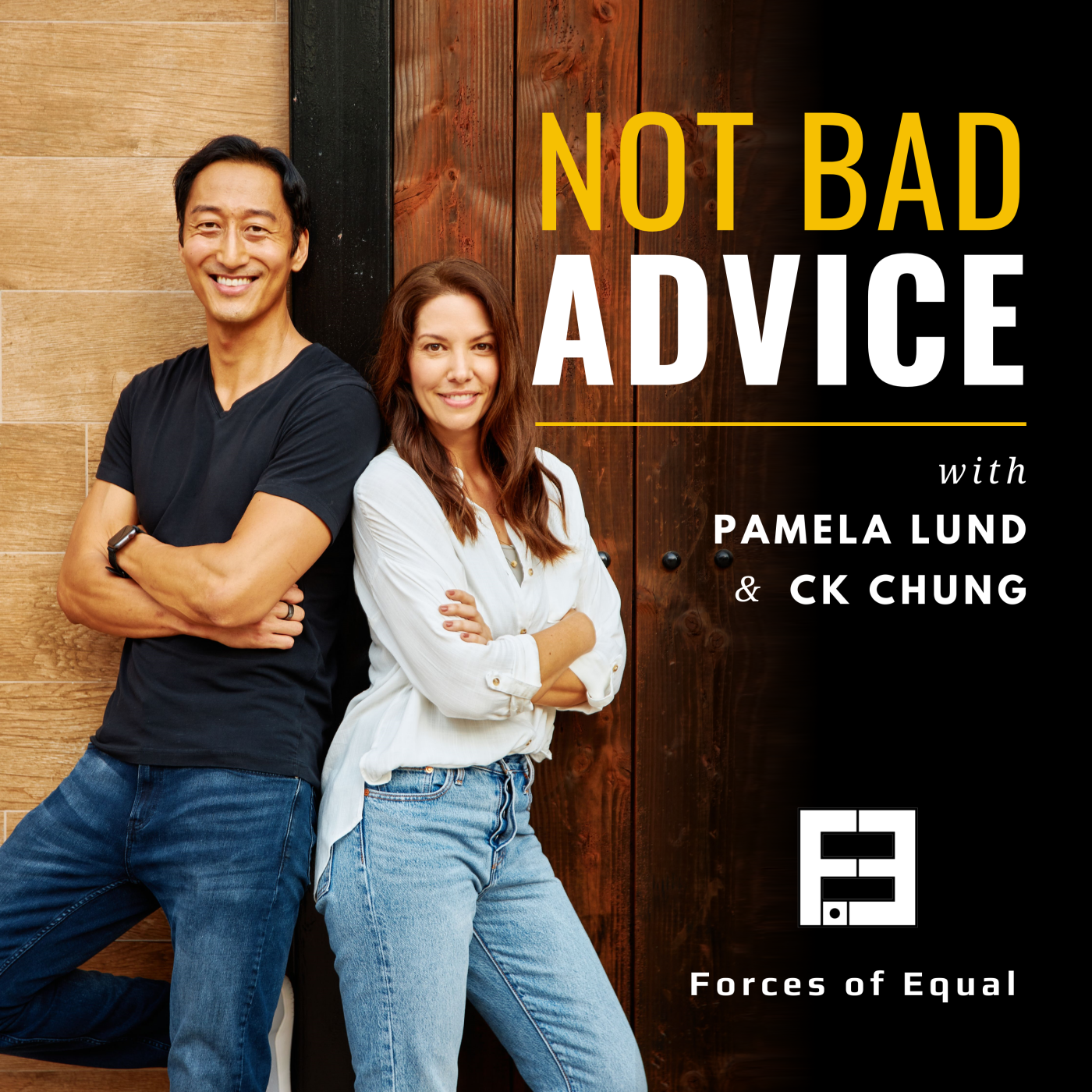It’s not the things you think about and consciously decide to do that are eating up your time, sucking your energy, and causing stress. It’s the things you do without thinking.
Need advice about something? Ask us here: https://forcesofequal.com/advice/
Transcript
Pam: [00:06] You’re listening to Not Bad Advice, where our goal is to offer perspective that helps you improve one aspect of your life at a time.
[00:12] I’m Pamela Lund.
CK: [00:19] And I’m CK Chung.
Pam: [00:21] And we hope that after listening you’ll think, “Hey, that’s not bad advice!”
[00:25] There is an endless amount of content dedicated to getting you to be more productive. To do more and do it in less time.
[00:44] We’ve done plenty of episodes about productivity. Being efficient and productive is necessary for most of us. But at some point you just can’t do anymore. You burn out, you hit a point of diminishing returns, or you realize that doing more isn’t going to get you what you want.
[01:01] You hit a wall and can’t go any further the way you have been. So what do you do?
[01:07] Well, rather than trying to do more, ask yourself if there’s something you could stop doing something that is significantly impacting your time productivity or anxiety level.
CK: [01:18] Seems pretty obvious.
Pam: [01:20] Yeah, it does on the surface, but it’s not. We fall into patterns and ways of doing things that we just don’t think about. And those things that we never question are exactly where we want to look for things to stop doing.
[01:33] It’s not the things you think about and consciously decide to do that are eating up your time, sucking your energy, and causing stress. It’s the things you do without thinking. Somewhere in your day, there’s something that if it wasn’t there, there would be little to no negative impact, but a huge positive cascade effect.
[01:51] It might be a task, it might be a person, and it might be a belief. It can be anything that’s having an outsized effect on your life.
CK: [01:59] Makes sense. Do you have an example?
Pam: [02:02] Sure, I’ll give you an example from my own life. Last year, I hired a business coach because I constantly felt like I was failing at work. I was forgetting to do important things for my clients and I was anxious all the time. And I hired the coach to help me put new processes in place, so I could get more done and stop feeling like I was drowning.
[02:23] And in my first session, Sarah, my coach said that we would work on what I was asking for – if it turned out to be what I really needed. But first, she wanted to talk about when I felt anxious and how I felt at various points in my day.
[02:36] So I said that every time I check my email, I would get anxious. And I told her about a client that every time they emailed, it was like a bomb being dropped on my life. Sometimes their emails stress me out to the point that I would lose sleep. Or other times they would need me to drop everything to meet some crazy deadline.
CK: [02:55] Not cool.
Pam: [02:57] Not cool.
[02:58] And I would have anxiety every time I saw a new email come in, and I would hold my breath until I saw that it wasn’t from that client. And that constant anxiety was affecting how well I was able to do my job for my other clients.
[03:12] And it was creating a cycle in which it didn’t matter how much I got done, I was never going to feel like I wasn’t failing. It wouldn’t matter what processes I put in place or how many more to-dos I could check off because I wouldn’t be solving the problem that was causing all of the other ones. I had to solve the problem of that one client negatively impacting everything else.
[03:37] So I chose to stop working with that client. I took a temporary financial hit. But once that problem was solved, even if the solution wasn’t ideal, my mental energy skyrocketed, and I was able to do more every day. I was able to get back on top of the work I needed to do for my other clients, take on new projects that are more fulfilling, and I had enough inspiration leftover to create this show and launch my own coaching services.
[04:03] Removing that one source of stress had a cascade effect that I’m still benefiting from.
CK: [04:09] I think I might have another example for this that we could use from our own life. So years ago, we changed our diets. And we wanted to eat healthier and more aligned with how our bodies work best. But there’s so many different diet plans out there, we didn’t necessarily want to follow a specific diet or have to think about all the things around everything we ate.
[04:33] So we looked at it from a foundational and functional perspective and decided to cut out a few things that we thought would have a big impact. And one of those things was refined vegetable oils. And just by committing to not eat things that included canola oil, we remove the decision about whether to eat most junk food, fast food and other highly refined products.
[04:57] So we didn’t have to make a decision about the nutritional value or caloric content or anything else. We just knew that if the ingredients included oils that we didn’t want to eat, we didn’t eat that food. It was as simple as that.
[05:09] So that one foundational decision removed all of the other decisions and made it much easier to change how we ate.
Pam: [05:16] Yeah, that’s a great example. Finding those high level decisions that remove the need to make many smaller, more frequent decisions is like a life cheat code.
CK: [05:25] So, how do you find your cheat codes?
Pam: [05:28] Well, what usually happens is you feel stressed out or you notice a problem and you look for solutions to that problem. I mean, that makes sense, right?
[05:37] But the problem doesn’t exist in isolation. There are probably other problems that look similar or are related in some way. So you need to find the problem behind the problem.
[05:48] Or even the problem behind that one.
[05:50] You need to work backwards and find the root of the issue, or at least as close to the root as you can, so that you can make a change there and benefit from that cascade effect so that everything else that the pain point effects is improved.
[06:05] So think about it this way. If you wake up hung over every morning and can’t function, because you feel like crap – which makes you late to work, which makes your boss threatened to fire you, which makes you stressed out about money – you could decide to drink a glass of water and take some Advil before you pass out to mitigate your hangover.
[06:24] Or, you could quit drinking.
[06:25] One of those decisions is going to have a much larger and more beneficial effect on your life than the other.
[06:33] And of course these solutions don’t have to be that dramatic, but you do want to work backwards and find what common thread your problems have. More likely, the thing that you think is the problem isn’t actually the real issue. And if you just fix that surface problem, the deeper issue will continue to affect you.
CK: [06:50] So this is pretty much the basis of functional health and functional medicine, where you don’t chase the symptoms you look deeper into what’s causing the symptoms. So, you dive deeper into those levels to find the root of the problem in order to nip it in the bud there, which will cascade down the line , as we’ve been talking about, and positively effect all those related issues.
Pam: [07:17] Yeah, that’s a really great analogy or comparison, that everything that we deal with in life, we can look at it on the surface level – whether it’s emotions or health or physical fitness or anything – literally anything that you’re dealing with, you can look at it on the surface level, or you can go down to the foundation and fix that.
CK: [07:34] Right.
Pam: [07:35] So if you’re feeling like you’ve hit a wall and can’t possibly do anymore, stop trying to add more and look instead at the foundation for what you can remove that will have substantial positive effects on the rest of your life.
[07:49] Your Oracle card representation of today’s message is the possum card from the Nocturna Oracle deck.
[08:39] It’s going to be a struggle for me because of the word possum, which is spelled opossum and commonly said, “possum.” And I went down this whole rabbit hole of how is this supposed to be pronounced? And there’s a lot of discussion about it, but I’m going to go with possum.
[08:53] If you guys want to look up the discussion around this, it’s actually kind of interesting and convoluted. So… yeah.
[09:00]So, the thing that possums are best known for is playing dead when they’re threatened.
[09:06] They are the ultimate de-escalators. Rather than fighting when they’re threatened, they have an uncontrollable reaction that results in them falling over unconscious, foaming at the mouth, and releasing odor from their anal glands.
[09:22] Now, obviously, I’m not recommending that you try that tactic when you’re overwhelmed, but you can think about how the possums defense is successful precisely because they don’t try to fight.
[09:34] The possum’s problem is that something wants to fight it. So, it could fight it and probably lose because they’re not big strong animals. Or, they could solve the problem behind the problem, which is that the opponent probably doesn’t want to fight for fun. It probably wants the possum dead.
[09:51] So, if it just plays dead, it can avoid the fight and solve the problem. So, when you find yourself fighting to fit more in a day, to outwork your anxiety, or if you’re wondering when things got so hard, stop and think if maybe instead of fighting, can take a breath and find the problem behind the problem. So you can solve that.
CK: [10:13] Maybe farting will help, too?
Pam: [10:18] Release some pressure?
CK: [10:19] You said releasing odor from their anal glands.
Pam: [10:23] They do do that. I don’t know if that’s going to help your problems though. Unless your problem is like a person that you don’t want in your space.
[10:32] If you found yourself thinking, “Hey, that’s not bad advice” while listening today, please give us a rating in Apple podcasts. It’s a quick, easy, and free way to show your support.
[10:44] You can get in touch with us on Twitter, where I’m @Pamela_Lund and CK is @cKdisco.
[10:51] If there’s something you need advice about, visit ForcesOfEqual.com/Advice to send us your question, and we may feature it on the show.






